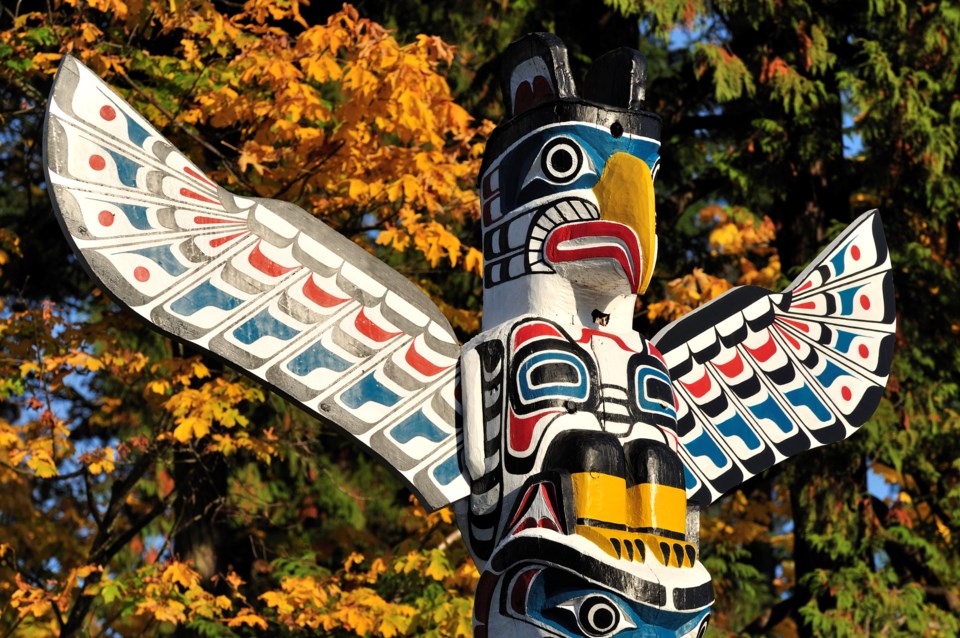In Canada, First Nations people must pay the same taxes as everyone else, except where Section 87 of the Indian Act applies. However, you may have heard the term "Indian status" brought up when taxes are the topic. What is Indian status, and what does it mean for Indigenous people or anyone who owns or works in a business?
Indian status is the legal identity of a person who is registered under the Indian Act. And no, being Indigenous and registered for Indian status is not the same thing. With this status come certain rights and benefits, such as tax exemptions, health care, education and social programs.
Who’s eligible?
Entitlement to registration is based on ancestry and the degree of descent from ancestors who are registered or entitled to be registered.
"You may be entitled to registration under the Indian Act if either or both of your parents, any of your grandparents or anyone from your immediate or extended family is registered or entitled to be registered," says Nicolas Moquin, spokesperson for Indigenous Services Canada.
Status cards
There are two versions of status cards: the Secure Certificate of Indian Status (also called a secure status card or SCIS) and the Certificate of Indian Status (CIS or status card). Both of these documents can confirm a person is registered under the Indian Act. However, the secure status card is issued by Indigenous Services Canada while the status card is issued by some First Nations offices.
Another official document that can be used as confirmation is the Temporary Confirmation of Registration Document (TCRD), which is issued by ISC and is valid for one year for adults, children and dependent adults.
Although status has no expiry date, status cards do. "While Indian status does not expire, all status cards need to be renewed on a regular basis. Status cards serve as an official federal identity document and are accepted by a wide range government, financial and other agencies (for example, the SCIS is accepted by Canada Border Services Agency for crossing the US border by land or water). As such, the personal information on a status card (e.g. photograph), needs to be updated periodically to ensure accuracy and validity of the person holding the card," explains Moquin.
What tax exemptions come with Indian status?
Generally, individuals registered under the Indian Act are subject to the same tax rules as other Canadian residents, except under circumstances, such as if the personal or business income is earned on a reserve. As well, those with Indian status may be eligible for certain provincial/territorial tax exemptions, such as sales tax.
- GST/HST: generally, First Nations individuals don’t pay GST/HST on property bought on a reserve or services performed entirely on a reserve. If you paid GST/HST in error, you may be eligible to claim a general rebate. When getting GST/HST exempt on purchases, you need proof of Indian status registration either by showing a status card or a TCRD. GST does not apply if the goods are delivered to the reserve by vendors or the benefit of the service will be realized on-reserve. It also doesn’t apply to purchases in connection with property located on-reserve such as schools, hospitals and social service entities.
- First Nations Goods and Services Tax (FNGST): the FNGST is applied by participating Aboriginal governments on the consumption of goods and services within reserve or settlement lands. It's fully harmonized with the GST tax and, where it applies, replaces the GST.
- First Nations Tax (FNT): this is a tax on the sale of listed products (alcoholic beverages, fuel and tobacco products) on some First Nations reserves. The FNT rate is 5 per cent, same as the GST. Everyone has to pay FNT on reserves where the FNT applies when purchasing listed products.
Other benefits
"Being registered for Indian status confers certain rights and benefits, as well as access to programs and services specifically designed for First Nations individuals. These include health care, education and social programs. You can use your registration number to access most programs and services," says Moquin.
These benefits include social programs including support for children and families, community initiatives, and assisted living, as well as non-insured health benefits.


